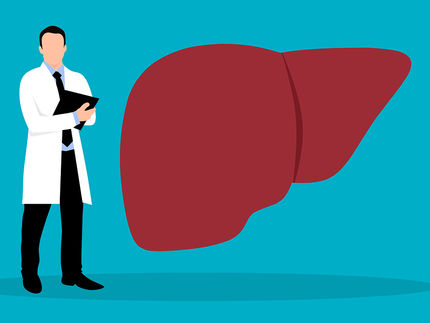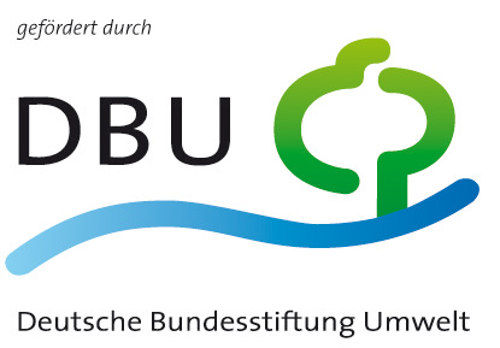Phylogica: New potential for treating brain injury
Novel compound protects neural tissue, reduces inflammation
Phylogica Ltd has successfully demonstrated preclinical proof of concept with a Phylomer peptide drug candidate for the treatment of traumatic brain injury.
Using an internationally established preclinical model, a three-year collaborative study with the Australian Neuromuscular Research Institute and the University of Tasmania has shown the compound, known as PYCAG5, is able to protect neural tissue at lesion sites and significantly reduce inflammation. The peptide was identified using Phylogica’s proprietary Phylomer drug discovery platform and the study was funded by the Neurotrauma Research Program (NRP) of the Western Australia Institute of Medical Research.
Phylogica CEO, Dr Paul Watt, said he was “particularly encouraged” by these results, which could eventually pave the way for better outcomes in head injury patients around the world. “While several Phylomer peptides showed neuroprotective activity in this brain trauma model this particular peptide, PYCAG5, showed outcomes most consistent with therapeutic potential,” he said.
“This Phylomer significantly protected neural issue in the vicinity of the lesion at four days after the induced head injury and decreased the extent of inflammation, increasing the potential for healing at seven days post injury.”
Dr Watt indicated the average loss of neurons from the injured region treated with Phylomer PYCAG5 was less than a third of the average loss observed for mock-treated control animals, or animals treated with a non-Phylomer peptide.
“Furthermore this particular Phylomer was associated with the largest increase in axonal sprouting relative to neuronal loss at four and seven days post-injury, which could increase the likelihood of brain tissue recovery in the damaged area.”
Dr Watt said the Phylomer drug was only administered upon injury, but its protective effects appeared to be ongoing. “With controlled release delivery approaches, even better results could be expected, through maintaining concentrations of Phylomers at the site of injury,” Dr Watt added.
Phylogica is now pursuing partnering opportunities with major pharmaceutical and biotech companies for further development of its lead candidate, PYCAG5, and the Company’s other neuroprotective Phylomers. This out-licensing strategy is consistent with Phylogica’s discovery alliance focused business model.
Other news from the department research and development

Get the life science industry in your inbox
By submitting this form you agree that LUMITOS AG will send you the newsletter(s) selected above by email. Your data will not be passed on to third parties. Your data will be stored and processed in accordance with our data protection regulations. LUMITOS may contact you by email for the purpose of advertising or market and opinion surveys. You can revoke your consent at any time without giving reasons to LUMITOS AG, Ernst-Augustin-Str. 2, 12489 Berlin, Germany or by e-mail at revoke@lumitos.com with effect for the future. In addition, each email contains a link to unsubscribe from the corresponding newsletter.
























































